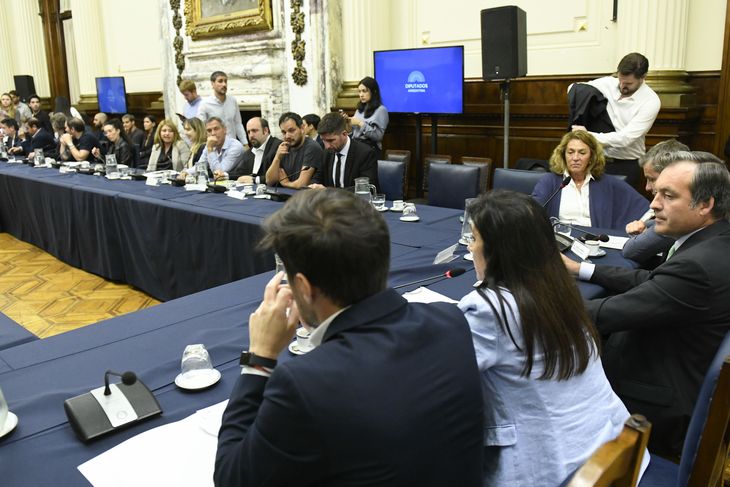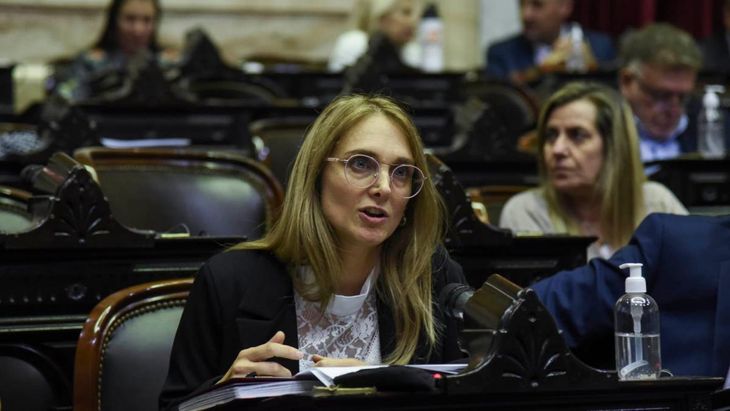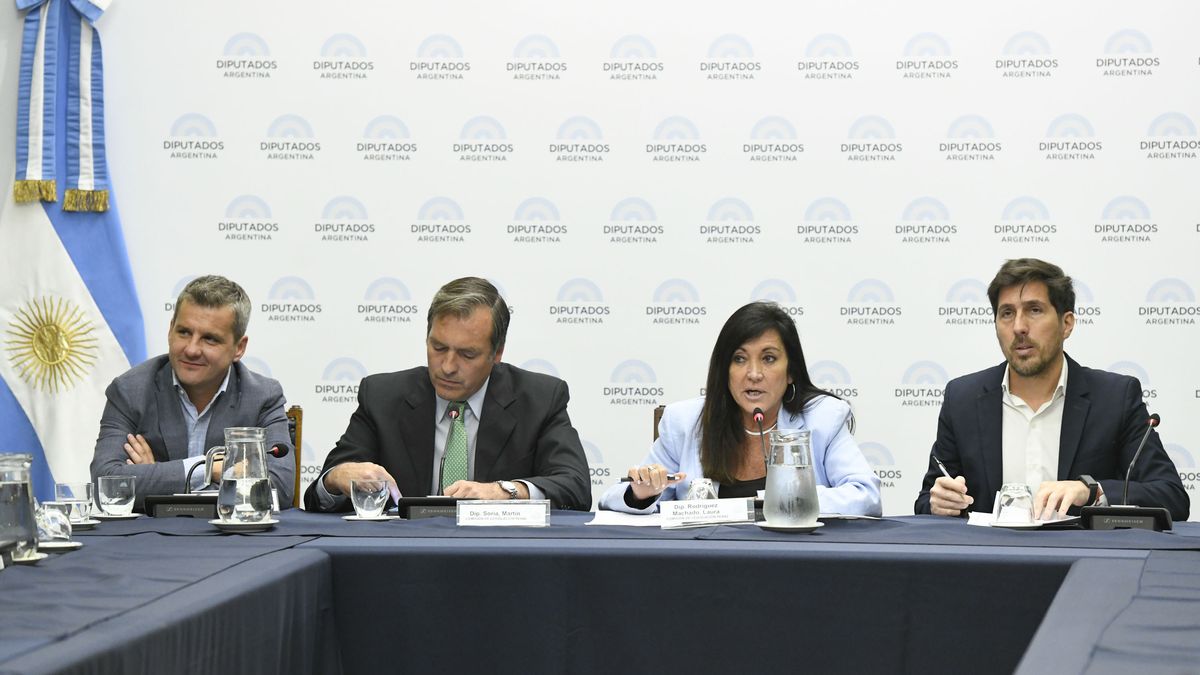Both proposals modify the Penal and Criminal Procedure Code. A project was included that penalizes security forces who alter a crime scene.
In a new initiative of the security and justice agenda that has been developing the Chamber of Deputiesthe Criminal Legislation Commission ruled on two projects that reform the Argentine Penal Code. This Wednesday, a proposal that modifies the sentences against recidivists and repeaters.
The content you want to access is exclusive to subscribers.
The project with the greatest consensus was trial in absenceswhich modifies criminal procedural legislation to ensure that judicial proceedings continue even if the accused does not appear. This tool will be applied in cases where the accused has been declared in rebellion by the judge after failing to appear in court, being absent from home without justification or escaping from their place of detention. The proponents of the proposal understand that the presence is a guarantee that can be waivedas long as its defense is duly guaranteed.


Other initiatives promoted by the ruling party reform the articles 34, 237 and 238 of the Penal Code. In the first case, relevant to the self defenseit is understood that anyone who attempts to “repel an attack on his or her physical or sexual integrity or that of third parties is acting legitimately. Likewise, who defends himself from an attack while the aggressor walks away from the scene with a weapon, real or fake, and there is a credible danger of death or serious injury to the person defending himself or to third parties.
Criminal Legislation Commission.JPG

New day in the Criminal Legislation Commission.
The other two modifications are linked to crimes against public administrationfor which the reform aggravates the penalties for “intimidation of public officials“, which were currently established between 1 month to 1 year and will become between 1 year and 3 years and 6 months. In turn, in aggravated cases (possession of weapons, if carried out in a group or if it is an official public), the penalties are aggravated between 4 and 6 years (currently, the maximum is 2 years). In these latter cases, the figure of “stones, sticks or other blunt objects.
Positions on reforms
In the Criminal Legislation Commissionthe dissent to the opinions was expressed by the deputy Martín Soria (Union for the Homeland)who understood that “the Executive Branch is applying the historic recipe of the right: stick and hunger” and that the objective of the project is that citizens “do not demonstrate and do not protest.” In addition, he considered that it would deepen the “c“reminalization of the protest and encouraging easy triggering by the security forces”.
In return, the head of the commission, Laura Rodríguez Machado (PRO) He pointed out that “the one who defends himself is not always the aggressor. Many times people must act to protect their lives or that of their loved ones. This project reaffirms that defending oneself should not be punished as a crime, but recognized as a fundamental right.”.
Another of the deputies who intervened was Gabriela Brouwer de Koning (UCR)author of the so-called “blas law“, considering that “there are mafias within the State and the security forces.” “What we want is for the public official who is in the security forces and wants to manipulate the crime scene, do not live peacefully“, he maintained and clarified that “the bill incorporates the figure of the repentant because sometimes it is the only way to clarify the truth.”
Gabriela Brouwer de Koning Deputy UCR.jpg

Gabriela Brouwer de Koning (UCR), author of the so-called “Blas law”.
The initiative of the radical deputy seeks to modify the article 189 bis of the Penal Code, incorporating the penalty of between 10 and 20 years in prison and absolute and perpetual disqualification for the exercise of any public function and for private security tasks for “those who are members of security, police or prison forces and with the aim of hindering an investigation, ensuring their impunity or that of third parties or damaging the procedural situation of a personalter evidence or modify the scene of a crime or the place of the event by introducing weapons, inappropriate or ownoperational or not, or other element that simulates having offensive or defensive capacity, which allows us to assume the existence of aggression or danger that legitimizes the acting officials to neutralize it.
Fernando Brovelli Report.-
Source: Ambito



